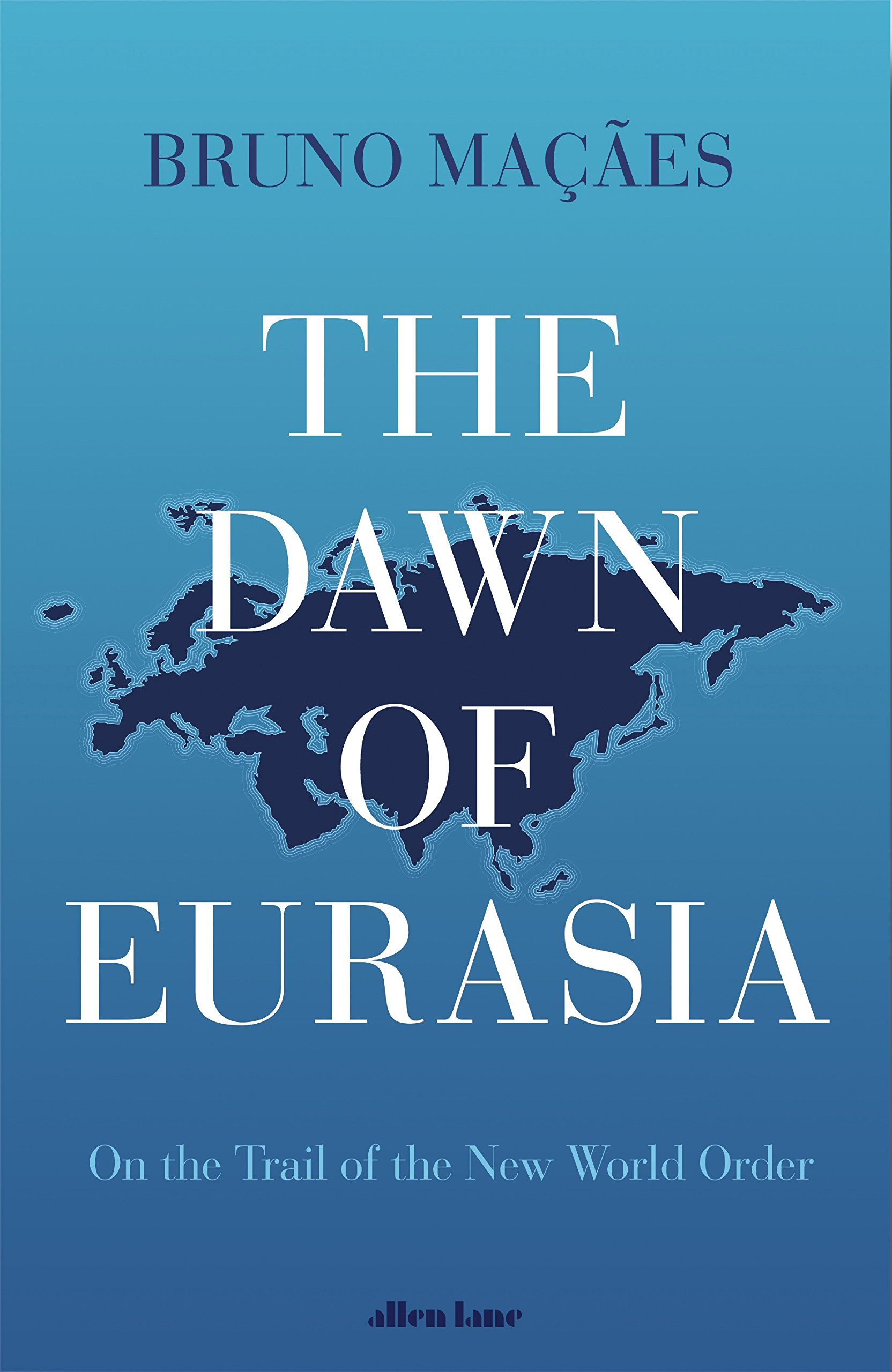Ruta de navegación
Menú de navegación
Blogs
Entries with label Bruno Maçaes .
[Bruno Maçães, The Dawn of Eurasia. On the Trail of the New World Order. Allen Lane. Milton Keynes, 2018. 281 pp]
review / Emili J. Blasco
 |
The discussion on the emergence of Eurasia as an increasingly compact reality, no longer as a mere geographical description that was conceptually a chimera, owes much to the contribution of Bruno Maçães; particularly to his book The Dawn of Eurasia, but also to his continuous proselytizing to different audiences. This Portuguese diplomat with research activity in Europe notes the consolidation of the Eurasian mass as a single continent (or supercontinent) to all intents and purposes.
"One of the reasons we have to start thinking about Eurasia is because this is how China is increasingly looking at the world (...) China is already living a Eurasian age," says Maçães. What is new about it, he says, "is not that there are such connections between continents, but that, for the first time, they work both ways. Only when the influence flows in both directions can we speak of an integrated space." The Silk Belt and Road Initiative, especially its overland route, sample that China is no longer looking only to the Pacific, but is also contemplating new routes to Europe.
Maçães urges Europe to adopt a Eurasian perspective, for three reasons: because Russia and China have one; because most of the big foreign policy issues of our time have to do with how Europe and Asia are connected (Ukraine, refugee crisis, energy and trade); and because all the security threats of the coming decades will play out in a Eurasian context. Maçães adds a final reason why Europe should become more actively involved in the Eurasian integration project : it is the way to combat the forces of disintegration that exist within Europe itself.
From the various considerations included in the book, some suggestive ideas could be highlighted. One is that Russia's historic problems of identity, straddling Europe and Asia - seeing itself as different from the Europeans and at the same time being attracted by the modernity of the West - are now being replicated in the East, where China is on its way to creating a second pole of economic growth and integration in the supercontinent. If Europe is one of the poles and Asia (China and the other successful countries of the Far East) the other, then what is Russia, if it does not fully respond to the European and Asian identities?
The Silk Belt and Road Initiative gives geopolitical importance to Central Asia, as Maçães reviews. Thus, China needs a clear dominance of Xinjiang, its westernmost province and the gateway to the Central Asian republics. The land route to Europe cannot exist without the Xinjinag segment, but at the same time the exhibition of this Uyghur-majority territory to trade and modernization could accentuate its separatist aspirations. Just northwest of Xinjiang is the ex-Soviet republic of Kazakhstan, a vast country of great agricultural value, where Chinese attempts to buy land are being viewed with high suspicion from its capital, Astana. Maçães estimates that if Russia were to try to reintegrate Kazakhstan into its sphere of influence, as vehemently as it has done with Ukraine, "China would not stand aside."
Not only are the East Coast (European peninsula) and the West Coast (Pacific coast) moving closer together, but the connections between the two also improve logistical conditions in the interior of the supercontinent. This is precisely one of the objectives of the Silk Belt and Road Initiative: as Chinese companies have moved away from coastal business hubs to lower labor costs, they are moving farther away from ports and therefore need better land connections, thus contributing to the shrinking of Eurasia.
